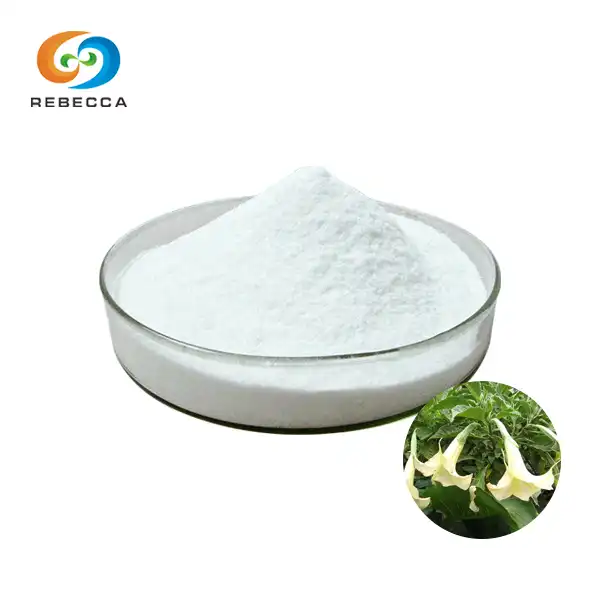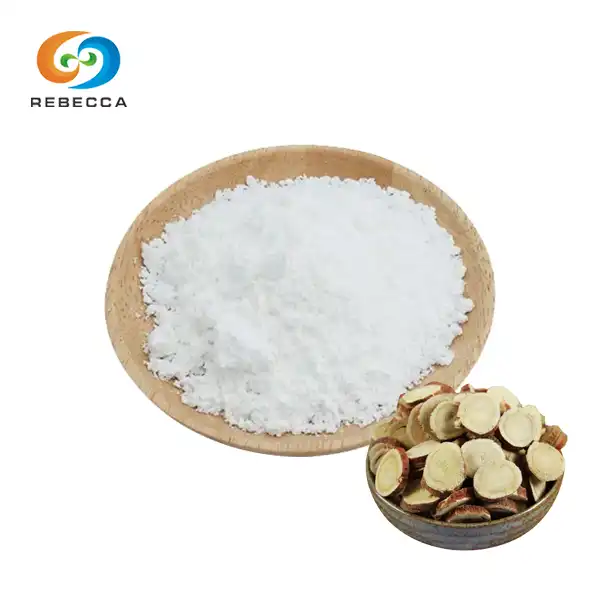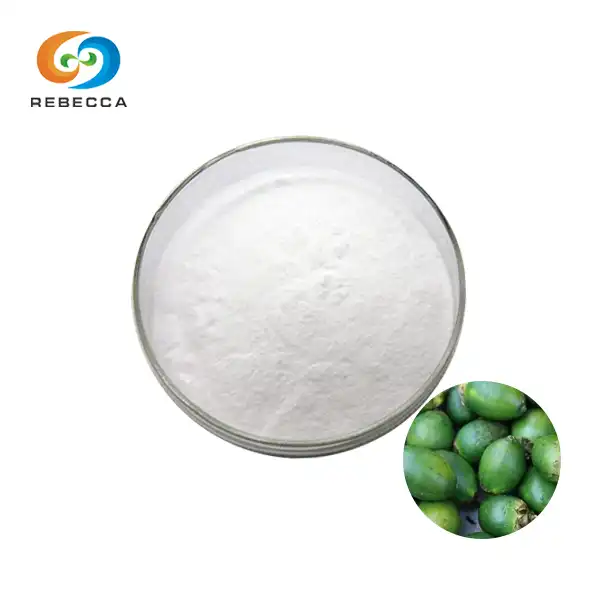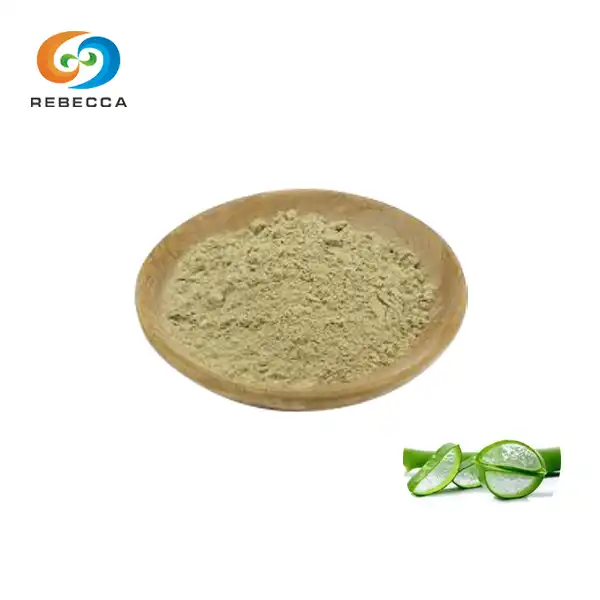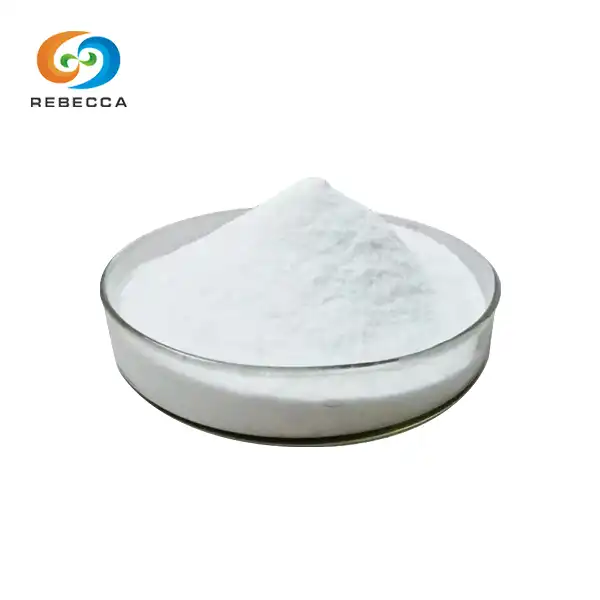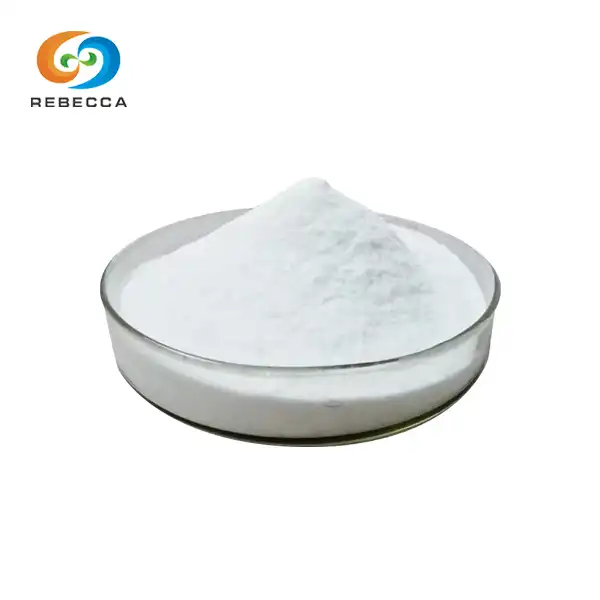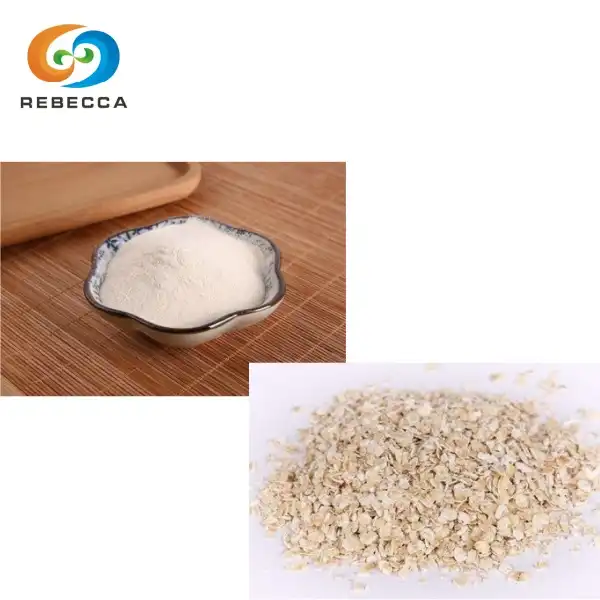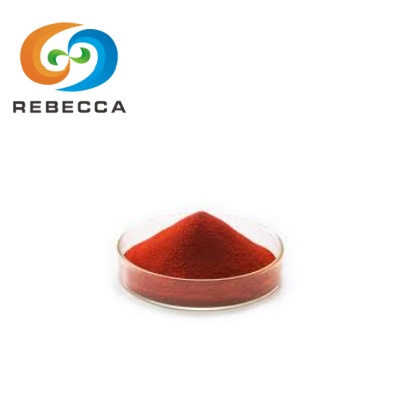Micronized Creatine vs Monohydrate Solubility
When it comes to creatine supplementation, the debate between micronized creatine and creatine monohydrate often centers around solubility. Micronized creatine, with its smaller particle size, offers superior dissolution properties compared to standard creatine. This enhanced solubility translates to quicker mixing, reduced grittiness, and potentially improved absorption. While both forms provide similar benefits for muscle growth and performance, the micronized version's improved solubility may lead to a more pleasant supplementation experience and potentially better results for some users.
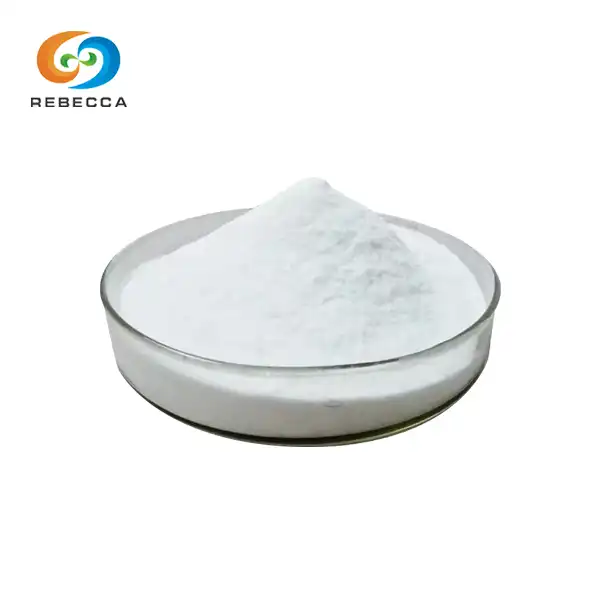
Product Name: Creatine Monohydrate
Creatine Monohydrate PowderSpecification: 99.5%-102.0%, HPLC
CAS: 6020-87-7
Creatine monohydrate Professional Manufacturer and Supplier
Free Sample Available, MSDS Available
Mixing Experience: Clumps vs. Smooth Blend
Micronized Creatine: Smooth Dissolution in Seconds
Micronized creatine stands out for its exceptional mixing properties. The fine powder particles disperse rapidly in liquid, creating a smooth solution within seconds. This quick dissolution eliminates the need for extensive stirring or shaking, making it convenient for users on the go. The smooth texture ensures a pleasant drinking experience, free from the grittiness often associated with standard creatine supplements.
Monohydrate: Tackling Clumps for Optimal Mixing
Standard creatine monohydrate, while effective, can present mixing challenges. Its larger particles tend to form clumps when added to liquid, requiring more effort to achieve a uniform solution. Users often resort to vigorous shaking or using a blender to break down these clumps. While this extra step isn't a deal-breaker, it can be an inconvenience, especially for those with busy lifestyles or those who prefer a quick and easy supplementation routine.
Texture Comparison: Gritty Feel vs. Silky Smooth
The texture difference between micronized creatine and standard monohydrate is noticeable. Micronized creatine creates a silky smooth solution, almost indistinguishable from plain water. This smooth texture makes it more palatable and easier to consume, particularly for those sensitive to textures in their drinks. In contrast, standard monohydrate may leave a slightly gritty feel in the mouth, which some users find off-putting. The smoother texture of micronized creatine may lead to better adherence to supplementation regimens, as users are more likely to consistently take a supplement they find pleasant to consume.
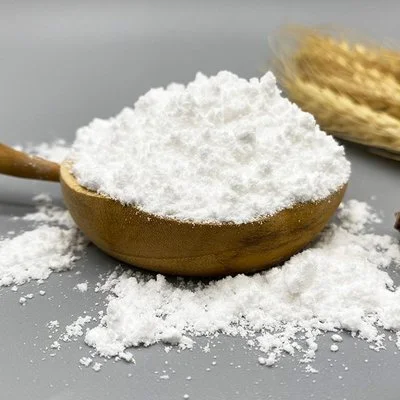
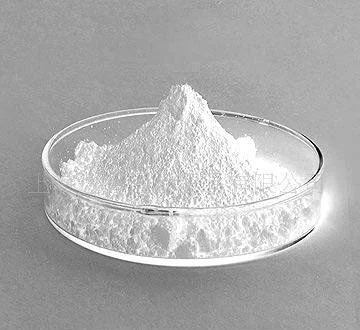
Taste Test: Flavor Impact Comparison
Micronized Creatine: Subtle Taste in Flavored Drinks
Micronized creatine excels in its ability to blend seamlessly into flavored beverages. Its fine particles disperse evenly, minimizing any impact on the drink's original taste. This quality makes it an ideal choice for users who prefer to mix their creatine with juice, sports drinks, or flavored water. The subtle taste profile ensures that the enjoyment of your favorite drink remains unaltered, promoting consistent supplementation.
Monohydrate: Noticeable Aftertaste in Plain Water
Standard creatine monohydrate, when mixed with plain water, often imparts a noticeable taste. Some users describe it as slightly bitter or chalky. This aftertaste can be more pronounced due to the larger particles that may not fully dissolve. While not unpleasant for everyone, it can be a deterrent for those with sensitive palates. Many users opt to mask this taste by mixing monohydrate with stronger-flavored beverages.
Flavor Masking: Which Form Blends Better?
When it comes to flavor masking, micronized creatine has a clear advantage. Its fine particles integrate more effectively with flavored drinks, requiring less additional flavoring to cover any residual taste. This property makes it versatile for use in various beverages without significantly altering their taste profiles. Standard monohydrate, while still effective, may require more robust flavors or additional sweeteners to mask its taste completely. For users who prioritize taste and ease of consumption, micronized creatine offers a more seamless experience in flavor masking.
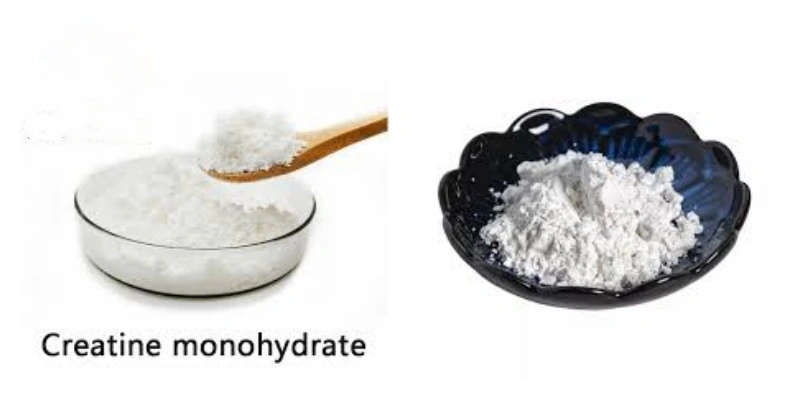
Versatility in Drinks: Hot vs. Cold
Micronized Creatine: Stable in Hot Coffee and Tea
Micronized creatine demonstrates remarkable stability across a range of temperatures, including in hot beverages. This stability allows users to incorporate it into their morning coffee or tea routines without concern for degradation. The fine particles dissolve quickly in hot liquids, ensuring a smooth integration without altering the drink's texture or taste significantly. This versatility opens up new options for creatine supplementation, catering to those who prefer warm drinks or have varied dietary habits.
Monohydrate: Best Practices for Cold Beverages
Standard creatine monohydrate performs optimally in cold beverages. The cooler temperature helps maintain its stability and reduces the risk of breakdown. When using monohydrate, it's advisable to mix it with cold water, juice, or smoothies for the best results. While it can be used in warm drinks, there's a higher chance of incomplete dissolution, which may affect both taste and texture. Users should be mindful of these temperature preferences to maximize the effectiveness of their creatine supplementation.
Temperature Impact on Creatine Absorption
The temperature of the beverage can influence creatine absorption, though the differences are generally minimal. Cold drinks may slow gastric emptying slightly, potentially leading to a more gradual absorption of creatine. Hot beverages, on the other hand, might speed up this process. However, these temperature-related effects are not significant enough to impact the overall effectiveness of creatine supplementation. The key factor remains consistent intake rather than the temperature of the beverage used for mixing.
Both micronized creatine and creatine monohydrate offer similar benefits for muscle growth and athletic performance. The choice between them often comes down to personal preference and lifestyle factors. Micronized creatine excels in solubility, offering a smoother mixing experience and versatility across various beverages. It's particularly appealing for those who value convenience and a pleasant supplementation experience. Standard monohydrate, while requiring more effort in mixing, remains a cost-effective and proven option. Ultimately, consistency in supplementation is more crucial than the form chosen, as both types can deliver the desired results when used regularly as part of a balanced diet and exercise regimen.


Wholesale Bulk Creatine Monohydrate Powder
Shaanxi Rebeccia's production base is equipped with internationally leading extraction, separation, and purification equipment, and operates in strict compliance with GMP and ISO standards. From raw material procurement to finished product delivery, every step undergoes rigorous quality control to ensure the safety and efficacy of our products. Rebecca is a professional pure creatine monohydrate powder supplier in China. Its specification is 99.5%-102.0%. As a professional manufacturer and supplier, we offer Free Samples and MSDS availability. For inquiries about our high-quality products, contact us at information@sxrebecca.com.
References
- Journal of the International Society of Sports Nutrition: "Effects of creatine supplementation on performance and training adaptations"
- American Journal of Physiology-Endocrinology and Metabolism: "Creatine supplementation enhances muscular performance during high-intensity resistance exercise"
- International Journal of Sport Nutrition and Exercise Metabolism: "Creatine Monohydrate Supplementation on Lower-Limb Muscle Power in Brazilian Elite Soccer Players"
- Medicine & Science in Sports & Exercise: "Effect of creatine supplementation on body composition and performance: a meta-analysis"
- Journal of Strength and Conditioning Research: "The effects of creatine monohydrate loading on anaerobic performance and one-repetition maximum strength"
